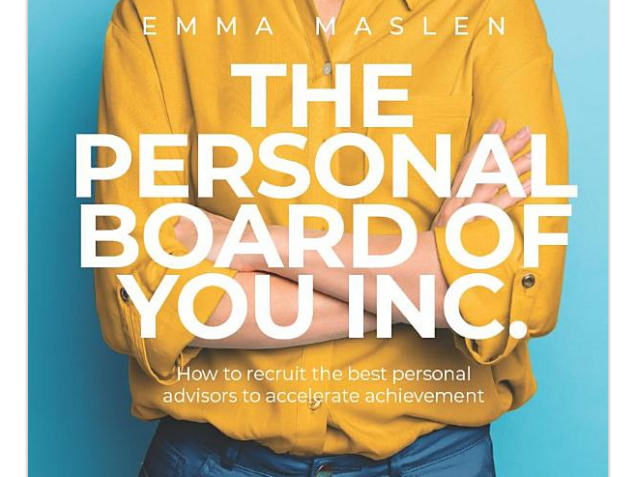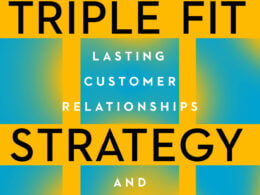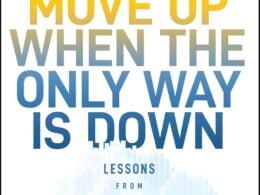This is an adapted book extract from “The Personal Board of You Inc.” by Emma Maslen.
You will need to build (and rebuild) your networks over time, for example when you decide to set up your own business or have a portfolio career of part-time roles, or if you intend to seek out directorships once you’ve made it to senior executive level.
A Personal Board is a well-respected group of people built from your network, with whom you have regular contact, and whose advice you will carefully consider (even if you end up not acting on that advice). The sooner you can get comfortable with the concept of a Personal Board, the sooner you’ll be able to flex this to your advantage in line with your chosen career path.
Personal Boards help when pursuing a new role or skills
Your Personal Board is a diverse group of people with a broad set of skills and experiences. It can help you when you are transitioning into a new role or new industry, or even a new phase in your life such as returning to work from maternity leave.
A sample agenda for a regular check-in with a Personal Board member could look something like this:
- Provide an update on your current situation
- Discuss the challenges in your transition. For example: ‘What are you experiencing?’ or ‘What are you expecting to experience?’
- Talk about the help and support you may need during that transition
- Establish if they need frequent contact for regular support required?
- Agree actions before the next meeting
How to extend and evolve your network
Your network is the keystone – the foundation – of your Personal Board strategy. A Personal Board should not be a static concept. It needs to evolve alongside you, adapting to your career, your promotions, new markets, new sectors, new skills, etc.
Common stumbling blocks to extending your network include: “I just don’t know how to get those connections.”, “‘I don’t know how to meet the people I need for my Personal Board” or “ ‘I’m not comfortable searching for people I don’t already know.”
Today’s generation has a significant advantage when setting up a Personal Board. The internet and the advent of social media render the world a far smaller, more intimate space, as evidenced by the original six degrees of separation theory having been reduced, by 2016, to less than four degrees.
The benefits of a Personal Board apply to many circumstances:
If you have any reservations about extending your network, remember the specific purposes for and benefits of your Personal Board:
For a new role
- Acquire new skills for the new elements of the role
- Increase your ideas and knowledge of a new industry
- Expand your network, getting to know key people in the industry
For making customer connections
- Extend your client base if you are starting a business
- Make customer connections if you are engaged in a customer-facing role
For moving to new territory/country
- Improve your local market knowledge and connections
When looking for peer review
- Benefit from new peer-to-peer connections
There are endless benefits to expanding your network. Pretty much any new role, business or promotion will require a shake-up and expansion of your network. You can specifically drive this agenda with your Personal Board and ask your board members to provide you with their valuable personal connections.
Expand networks by asking contacts for contacts
It’s simple. There are people out there who can potentially help you, but you don’t know them. However, some of your network contacts do. One of the most effective uses for your Personal Board is to brainstorm additional connections that could impact your situation or future.
When asking your contacts for new connections, the trick is to make the introduction quick and easy. You then need to ‘sell’ the meeting and arrange it with as little hassle for the other person as possible.
If these are new connections and you are looking for a deeper level of help and assistance, there will be a process you will need to go through to establish the new link, to build the relationship and rapport, before finally asking the connection to help you. This does take time and should be a consideration when you are thinking about what you are going to ask of them.
There’s no guarantee every person will respond positively to every request they receive, but I think you will be pleasantly surprised by nearly all the reactions you receive.
Most senior people understand the value of helping others, whether that is for building connections, enhancing their personal brand or simply for the good feeling from helping others. When I hear of an opportunity or receive a request, I immediately consider whether there is anybody in my network who might be able to help, and I’d say that around 80% of the time somebody gets something materially useful out of the situation. It’s worked for me many times over with my Personal Board, and I am confident it will continue to yield results






